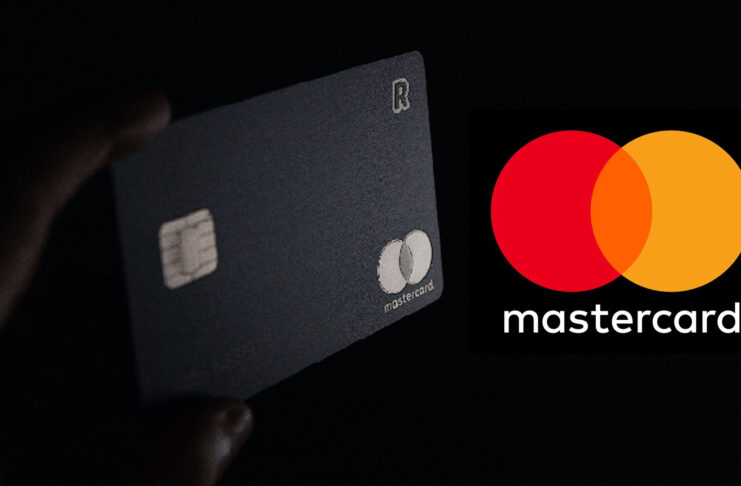The Reserve Bank of India (RBI) has lifted the ban for global payments giant MasterCard to issue new debit, credit and prepaid cards in India, but American Express and Diners Club are still barred from onboarding new clients. The prohibition was imposed in the middle of last year due to suspected failures of the operators to comply with the country’s data storage requirements, but did not affect the card issuers ability to service existing clients.
“In view of the satisfactory compliance demonstrated by Mastercard Asia / Pacific Pte. Ltd. with the Reserve Bank of India (RBI) circular dated April 6, 2018 on Storage of Payment System Data, the restrictions imposed, vide order dated July 14, 2021, on on-boarding of new domestic customers have been lifted with immediate effect,” said a statement released by the RBI.
The rules for local data storage that were introduced in 2018 require all payment operators active on the country’s market to store the data from all Indian transactions within the borders of the country. The requirements were met with opposition not only from Visa and MasterCard, but also from the White House, claiming that the rules bestow the regulator with “unfettered supervisory access”.
“We welcome and are grateful for today’s decision by the Reserve Bank of India (RBI), enabling us to resume onboarding of new domestic customers (debit, credit and prepaid) onto our card network in the country with immediate effect,” the statement by MasterCard said.
Before the prohibition to onboard new clients was enacted, MasterCard had a 33 percent share of the Indian payment cards market, having invested an excess of $2 billion over the last ten years.
“India is an important market for us, both in terms of the innovation created here and the value we deliver to our customers and partners. We take great pride in being able to contribute to the government’s vision of a Digital India and will continue to invest in the country’s future with the same passion and dedication as we always have,” MasterCard declared.
RMG Platforms Rely on Diversified Deposit and Withdrawal Methods
The real money gaming (RMG), online betting and casino platforms that operate in India are dependent on providing viable and convenient, and at the same time reliable and secure, deposit and withdrawal options to their customers. For that reason, such websites make efforts to diversify the payment methods they use to handle money flows as much as possible.
In this way, “the top-ranked and most used payment methods that have been adopted for online gaming, entertainment, and other related services represent a mixture of native Indian and prominent global solutions and providers,” as observed by RMG market analysts at Esse N Videri Media (ENV Media) in their recent report titled “Payment Methods Driving Forward Online Gaming”.
The most popular payment methods used in India are headed by the United Payments Interface (UPI), a digital payments channel covering a variety of solutions from Net Banking to card-linked transactions. Mobile payments and E-wallet options are served by local fintech giants such as PayTM, PhonePe and Jio Money in competition with global players like Google Pay, Ecopayz, Skrill, Neteller, Astropay and Paysafecard.
A number of online cricket betting, sportsbook, casino play and other RMG platforms accept crypto payments as well, sometimes only flagship Bitcoin or Ethereum, but in certain cases a much wider variety of cryptocurrencies with Litecoin, XRP and others.
The bank card segment is dominated by a lesser number of players, with global providers Visa and MasterCard competing against the Indian card system RuPay.
Some sources discussed by the ENV analysts see the drawbacks faced by MasterCard and other global credit and debit card issuers such as American Express, Diners Club and Discover as not so much linked to failures to comply with local data storage requirements, as to a protectionist policy of the RBI.
Possibly as a result of such a policy, and due to efforts by state-owned banks and incentives to private financial institutions towards boosting the issuing of RuPay cards, their number has now reached 60 crore and RuPay’s market share has exceeded 60 percent.
From the point of view of RMG platforms and online gambling and betting in general, any easing of restrictions related to payment methods is a welcome development, including the recent lifting of the ban for MasterCard to onboard new customers. Nevertheless, given the substantial diversification of deposit and withdrawal solutions employed by gaming platforms, the impact of the RBI’s move will be limited.

